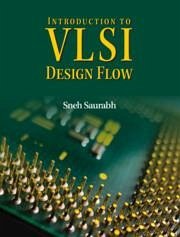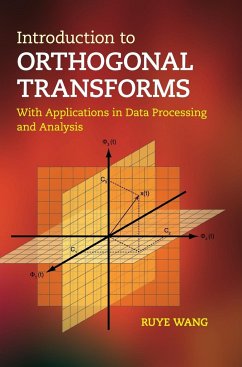
Introduction to VLSI Design Flow
Versandkostenfrei!
Versandfertig in 1-2 Wochen
89,99 €
inkl. MwSt.

PAYBACK Punkte
45 °P sammeln!
This textbook focuses on developing practical skills in employing sophisticated design tools and proficiency in advanced VLSI design, covering the various stages of design implementation, verification, and testing. It will be a vital resource for students aspiring to join the semiconductor industry as well as a refresher for professionals.














